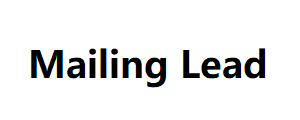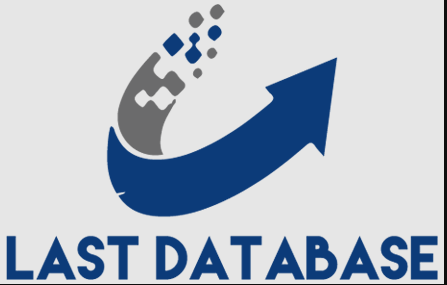This shift to reward watch time was a game changer. Mark began. Author of like. Comment. Subscribe: inside youtube’s chaotic rise to world domination. watch time had an immediate impact. Early youtubers were basically making tiktok videos…but watch time creates gaming. Beauty vlogging. Alt-right podcasts… all these verticals we now associate with youtube.” accounts that were big performers previously like videos from ehow. Or the mystery guitar an dropped off almost immediately. You tube’s algorithm change led some creators to try to make their videos shorter in order to make it more likely viewers would watch to completion. Others made their videos longer in order to increase watch time overall.
YouTube Didn’t Comment on Either
Youtube didn’t comment on either of these tactics and maintain the party line: make videos your audience wants to watch. And the algorithm will reward you. That said. As anyone who has ever spent any time on the internet knows. Time spent is not necessarily equivalent to quality time spent. Youtube change tack again. Optimizing for satisfaction in 2015. Youtube began measuring viewer satisfaction directly with user surveys.
It also prioritize direct response metrics like shares. Likes. And b2b email list dislikes and. Of course. The especially brutal “not interested” button. In 2016. YouTube release a whitepaper describing some of the inner workings of its ai: deep neural networks for youtube recommendations. In short. The algorithm had gotten way more personal. The goal was to find the video each particular viewer wants to watch.
People Have Perhaps Watch in the Past.
Not just the video that lots of other people have perhaps watch in the past. As a result. In 2018. Youtube’s chief product officer mentioned on a panel that 70% of watch time on youtube is spent watching videos the algorithm recommends. 2016-present: dangerous content. Demonetization.
And brand safety over the years. Youtube’s Mailing Lead size and popularity have resulted in an increasing number of content moderation issues. And what the algorithm recommends has become a serious topic not just for creators and advertisers but for journalists and the government as well. Youtube has said it is serious about its responsibility to support a diverse range of opinions while reducing the spread of harmful misinformation.







